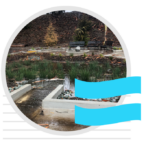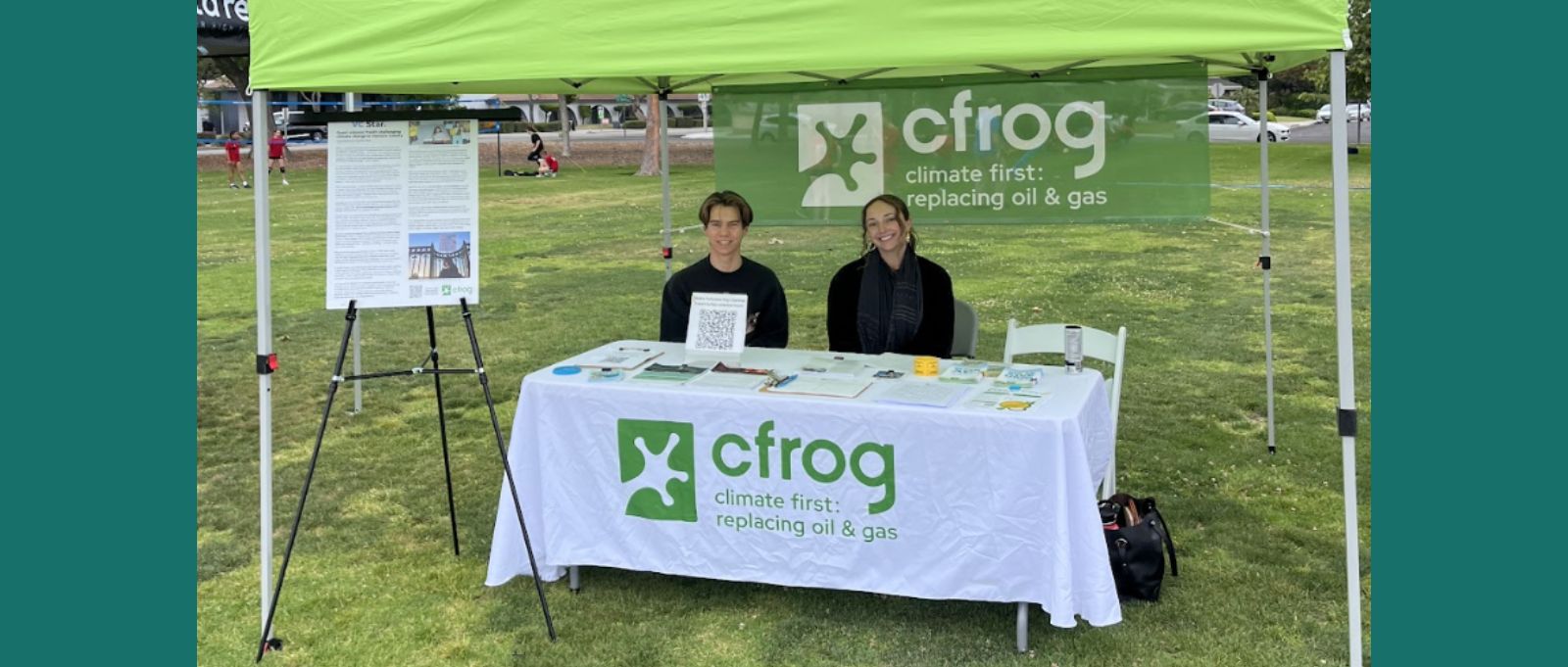June 12, 2025
Topic
CBDC member, CFROG, at a recent outreach event where community members were surveyed about their energy efficiency priorities.
A new collaborative is redefining energy efficiency program design by centering community input. The Southern California Regional Energy Network’s (SoCalREN) Community-Based Design Collaborative launched in 2024 with the goal of building a scalable framework for equitable energy programs. Its mission is to encourage more community involvement in energy efficiency program design and delivery, and ultimately to make energy programs more relevant and responsive to the needs of the communities they serve. Any newly proposed program initiatives stemming from the Collaborative will align with the California Public Utilities Commission (CPUC) Environmental and Social Justice Action Plan. The Collaborative is administered by Los Angeles County under SoCalREN and funded by the CPUC.
The Collaborative, CBDC, unites eight community-based organizations (CBOs) representing vulnerable communities in Los Angeles, Kern, San Bernardino, and Ventura Counties. These CBOs, or collaborative members, bring diverse expertise in public health, transportation, land use, and environmental justice. Through the collaborative, they have been learning energy fundamentals and sharing their opinions on topics relevant to the various building blocks of energy programs. Collaborative members bring to the meetings their experience to help bring awareness of the energy-related gaps in their communities and spur creative program development ideas based on the reality of everyday needs. The collaborative’s small, intentional design fosters deep participation, ensuring a replicable model for future initiatives.
Once the collaborative concludes its meetings this June, recommendations will be gathered and proposed to the CPUC through their processes. This proposal will describe the challenges, successes, and strategies for broadening community-driven energy solutions to arrive at funded initiatives with lasting impact. The recommendations will share how the collaborative was formed and the process of researching, identifying, and engaging prospective CBOs. It will include the process taken to develop the collaborative framework, and the energy program ideas collected to be proposed as funded initiatives. Finally, it will include proposed program initiatives that are recommended for funding. New program initiatives are slated to launch in January 2026 (subject to approval from the CPUC) and prospects for continuing the current collaborative, or building a new one, will be evaluated based on the recommendations provided to the CPUC and the feedback of participating CBOs.





